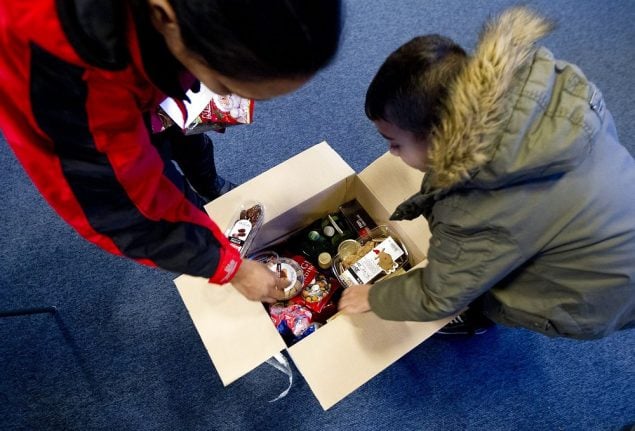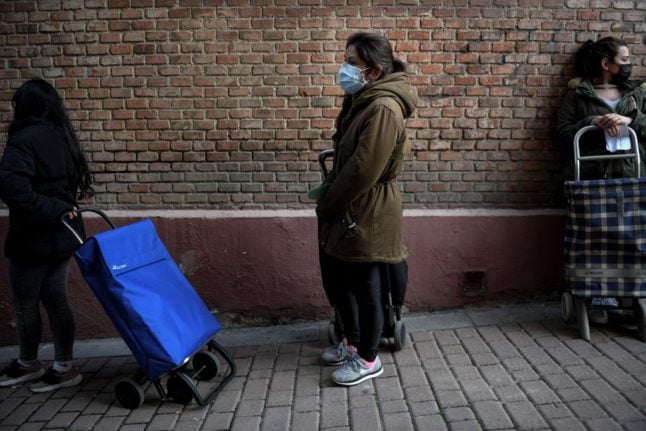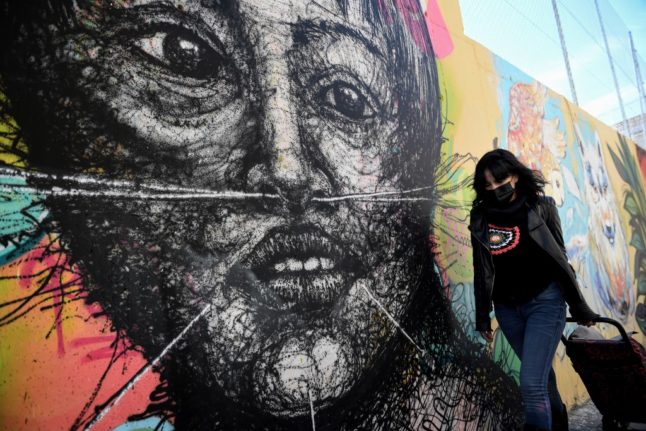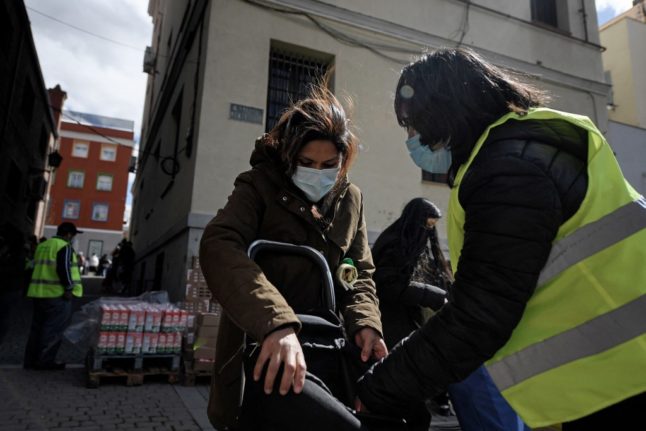Although 14.7 million kroner (1.9 million euros) was raised through charitable donations to the organisation in 2018, enabling the NGO to provide relief to a record 11,332 families, that was still not enough to meet the needs of vulnerable people who asked for help.
4,000 applications from families who would have been approved were rejected due to lack of resources, general secretary Klaus Nørlem said.
“We have to concede that the task was bigger than our capacity. That means there were a number of families who tried to no avail again this year,” Nørlem said.
Dansk Folkehjælp and a number of other charities in the Scandinavian country have begun to send out Christmas food help packages in recent years.
The Danish Salvation Army (Frelsens Hær) is another organisation to have noted the trend of increasing demand for the packages.
Lars Lydholm, head of the charity’s information department, said that latest counts showed up to 11,500 applications had been received and between 8,500 and 9,000 Christmas hampers given out.
That is not a record but does continue a high level set last year, Lydholm said.
Applicants are also stating more severe financial problems, the Salvation Army found.
A recent analysis by the Economic Council of the Labour Movement (ECLM), a Danish economic policy institute and think-tank working to promote social justice in Denmark, found that 43,648 children in Denmark are living in conditions of poverty.
That level compares with figures from 2009, when the effects of the global financial crisis were keenly felt in Denmark.
Nørlem said he felt attitudes towards poverty in Denmark had changed.
“I think Danes have embraced Christmas charity. More and more are recognising that there is poverty and inequality in Denmark,” he said.
Dansk Folkehjælp’s Christmas package has a total value of 1,500 kroner (200 euros) and includes food, and vouchers for kids’ toys and sports clothing.
To qualify for the packages, families must be single-parent, with the only provider reliant on social welfare, and with children under the age of 18.
All applications must be approved by authorities in the applicant’s home municipality.
READ ALSO: Number of poor people in Denmark 'doubled' since 2002: report





 Please whitelist us to continue reading.
Please whitelist us to continue reading.